
10 Reasons Why Trump Won and Why Liberals Need to Reflect on Their Mistakes

In the aftermath of the recent elections, America has witnessed a whirlwind of emotions. From joy to despair, the reactions to Donald Trump’s victory have been intense. Liberal publications are in an uproar, expressing disbelief and anger over the election results. The narrative painted by these outlets often emphasizes Trump’s past controversies, including his role in the January 6th insurrection and his history of legal troubles.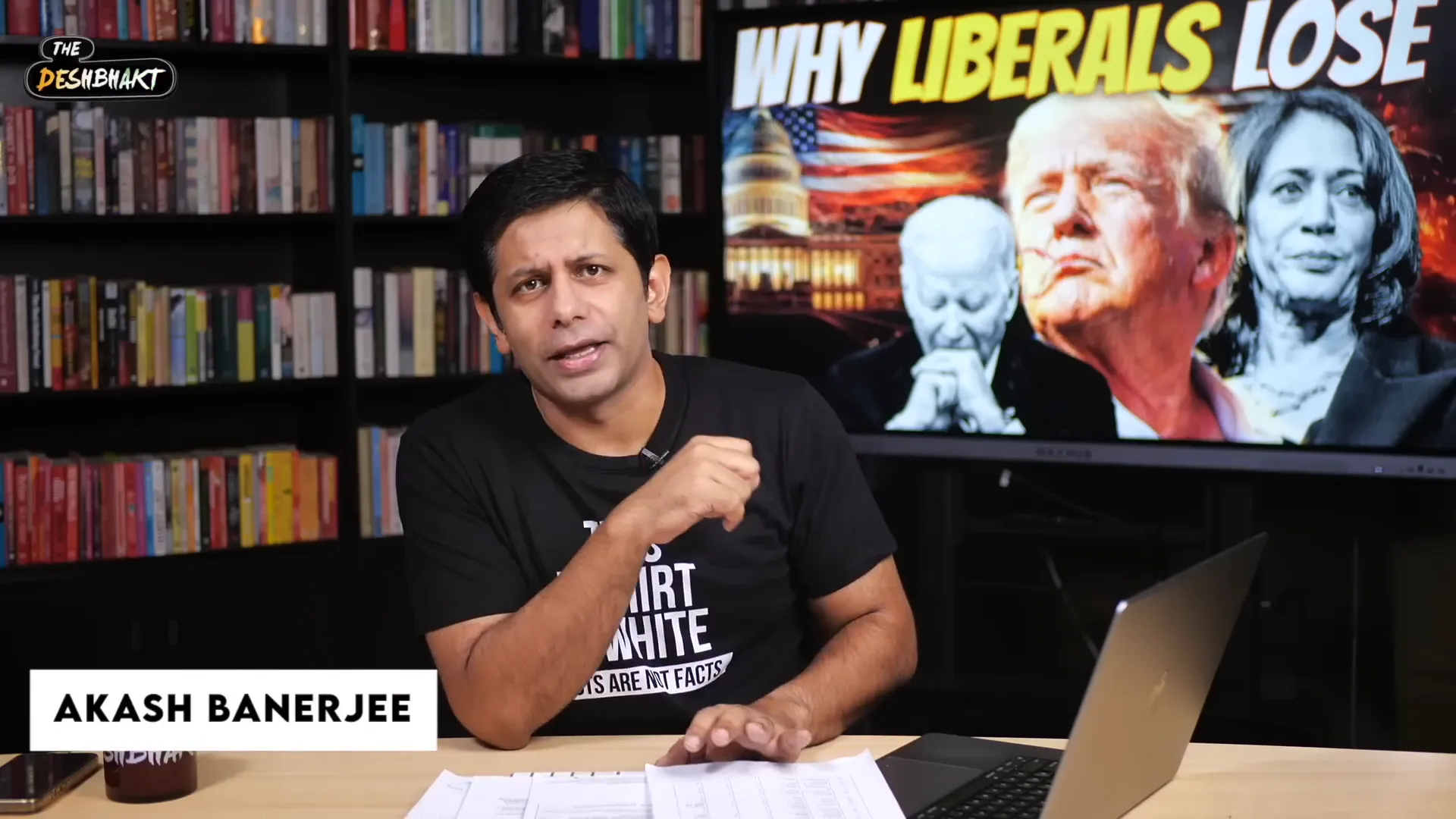
However, while these criticisms are valid, they also highlight a significant issue within the Democratic Party and the broader liberal ideology. The failure to introspect and understand the reasons behind this electoral defeat is a critical mistake that could have lasting consequences.
The Disconnect Between Voters and Liberal Ideology
One of the standout points from this election is that ordinary voters are increasingly disconnected from the high-minded, moralistic rhetoric often espoused by the left. Voters are more concerned with tangible issues such as the cost of living, immigration, and job security. This disconnect has led to a perception that the Democratic Party is out of touch with the average American’s concerns.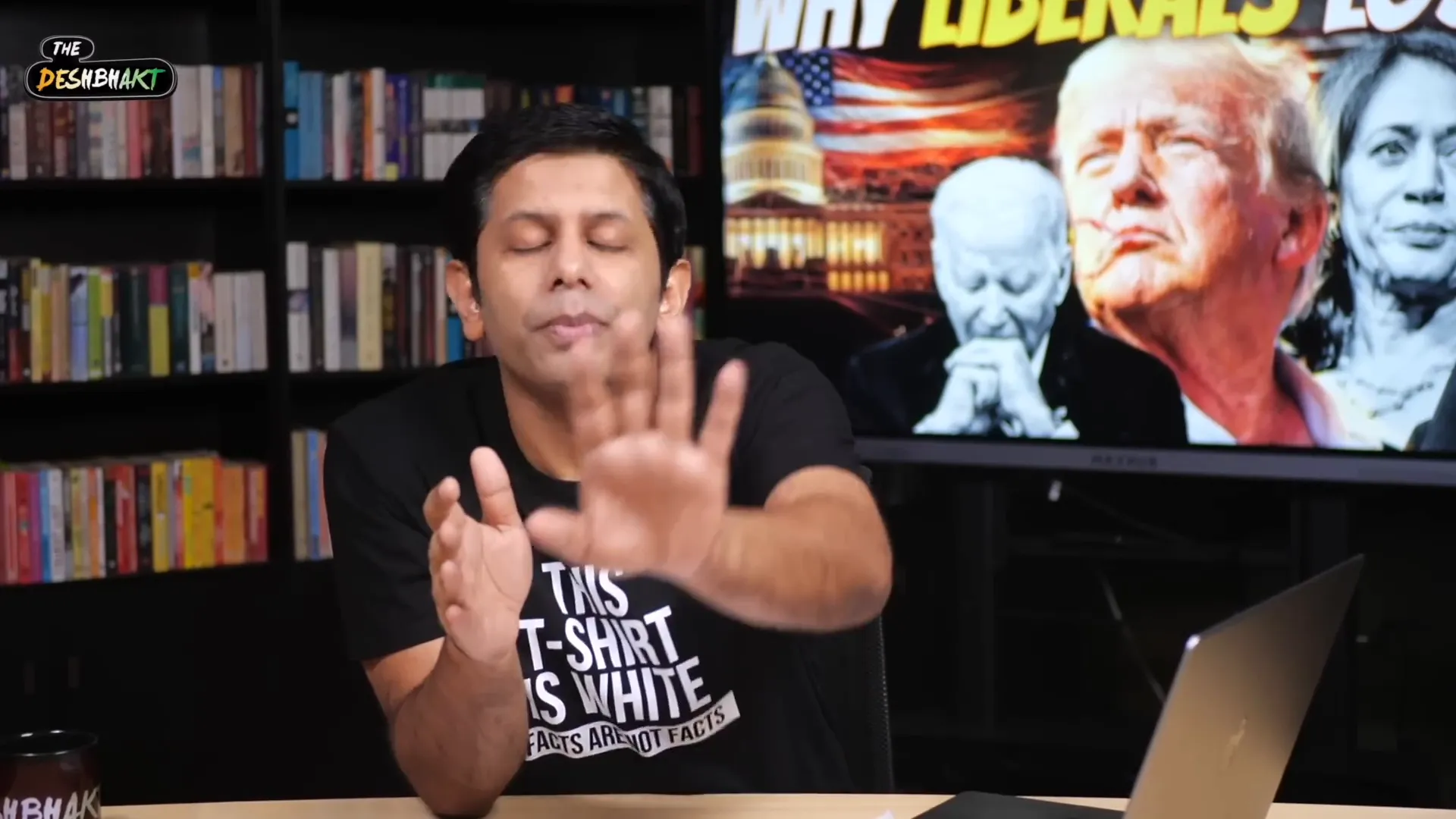
Race and gender issues undoubtedly played a role in the election, particularly for Kamala Harris. However, the margin of Trump’s victory indicates a deeper problem within the Democratic Party’s communication and strategy. Trump’s ability to connect with voters, even those from minority backgrounds, suggests that the Democrats failed to address the real issues affecting these communities.
Shocking Electoral Statistics
Perhaps the most surprising statistic from the election was Trump’s performance among Hispanic voters. In Star County, Texas—a region with a 97% Hispanic population—Trump received 58% of the vote, marking a significant shift in a county that had been a Democratic stronghold for over a century. This shift indicates a growing disenchantment among minority voters with the Democratic Party.
Moreover, more than 10 million voters who supported Biden in the previous election chose not to vote this time, reflecting widespread disillusionment with the Democratic Party. This lack of turnout points to a failure to mobilize the base and engage with voters on pressing issues.
Understanding the Middle Voter
The key to winning elections often lies in addressing the undecided middle voters. These individuals are less swayed by party loyalty and more influenced by a candidate’s authenticity and clarity. Trump’s straightforward, albeit controversial, persona resonated with many, while Kamala Harris’s carefully curated image failed to inspire confidence.
Voters are looking for strong leaders who present clear and decisive visions. Harris’s cautious approach, aimed at appeasing various factions within her party, ultimately diluted her message and made her appear weak in the eyes of many voters.
The Importance of Vision in Politics
Successful political campaigns often rely on a strong, clear vision. Trump’s “Make America Great Again” slogan provided a rallying cry that resonated with many Americans. In contrast, the Democrats have struggled to articulate a cohesive vision that addresses the concerns of everyday Americans.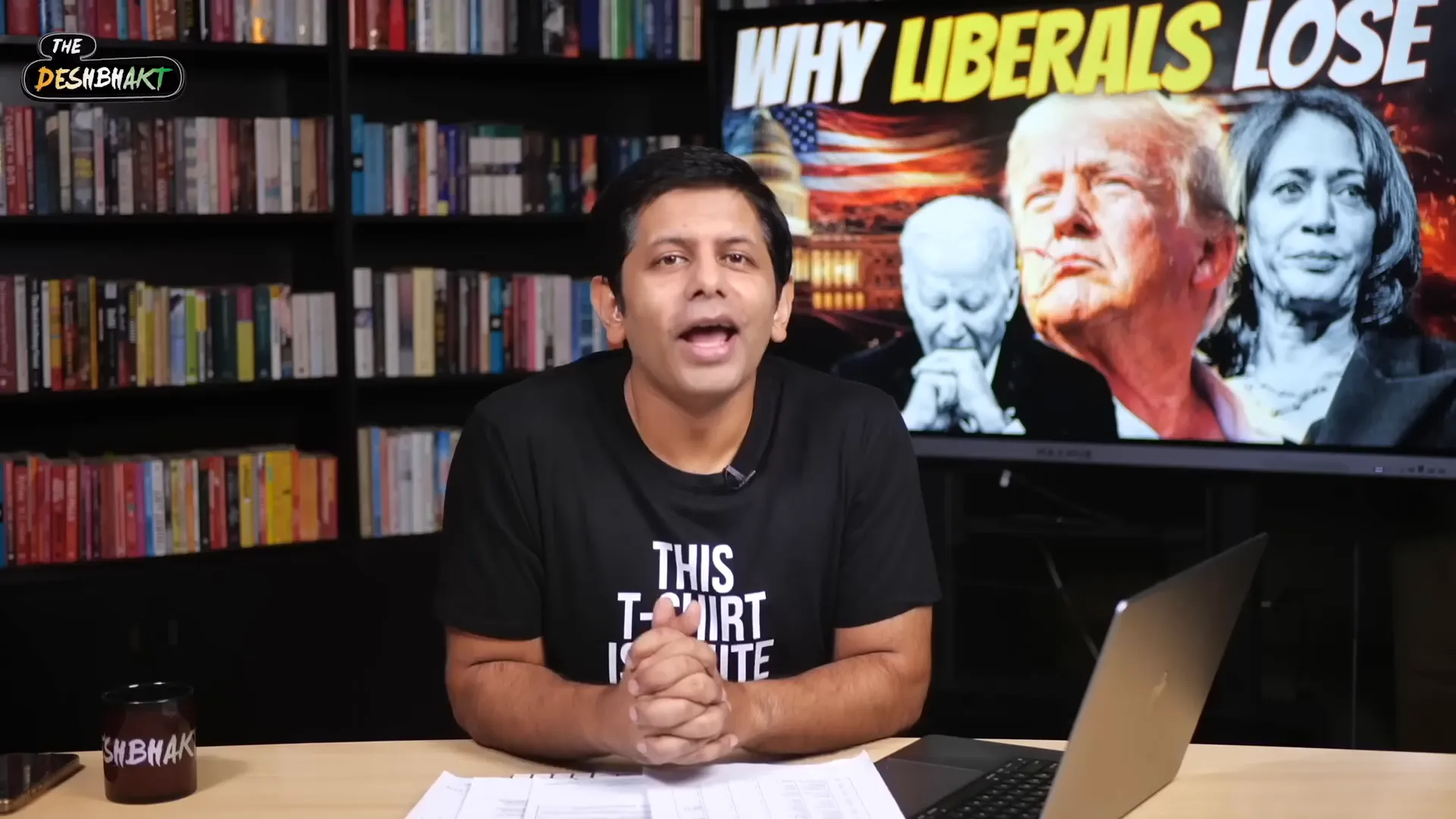
While the left is often bogged down by facts and figures, the right has mastered the art of storytelling and vision-casting. This gap in narrative strategy has left the Democratic Party vulnerable to losing elections.
Campaign Strategy and New Media
Trump’s campaign was bolstered by astute strategists who understood the importance of engaging with younger voters through new media platforms. By leveraging social media and podcasts, Trump effectively reached demographics that had been increasingly disenchanted with traditional media. In contrast, Harris and the Democrats largely ignored these platforms, missing a critical opportunity to connect with younger voters.
This oversight reflects a broader issue within the Democratic Party, which often clings to outdated methods of communication and engagement. The rise of new media has transformed the political landscape, and adapting to these changes is crucial for future success.
Addressing Key Issues with Solid Solutions
Illegal immigration emerged as a hot-button issue in the election, yet Harris failed to provide clear policy solutions. Trump’s narrative around immigration, combined with his promises of mass deportation, resonated with many voters who felt that their concerns were being ignored by the Democrats.
By not addressing the public’s fears and concerns regarding immigration, Harris allowed Trump to dominate the conversation and frame the issue in a way that appealed to many voters’ sentiments.
Sentiment Over Policy
In today’s political climate, sentiment often outweighs policy specifics. The Democrats’ focus on abstract values and principles has alienated many voters who are looking for practical solutions to their everyday problems. Trump’s ability to tap into the emotions of his base has proven to be an effective strategy, while Democrats have struggled to connect on this level.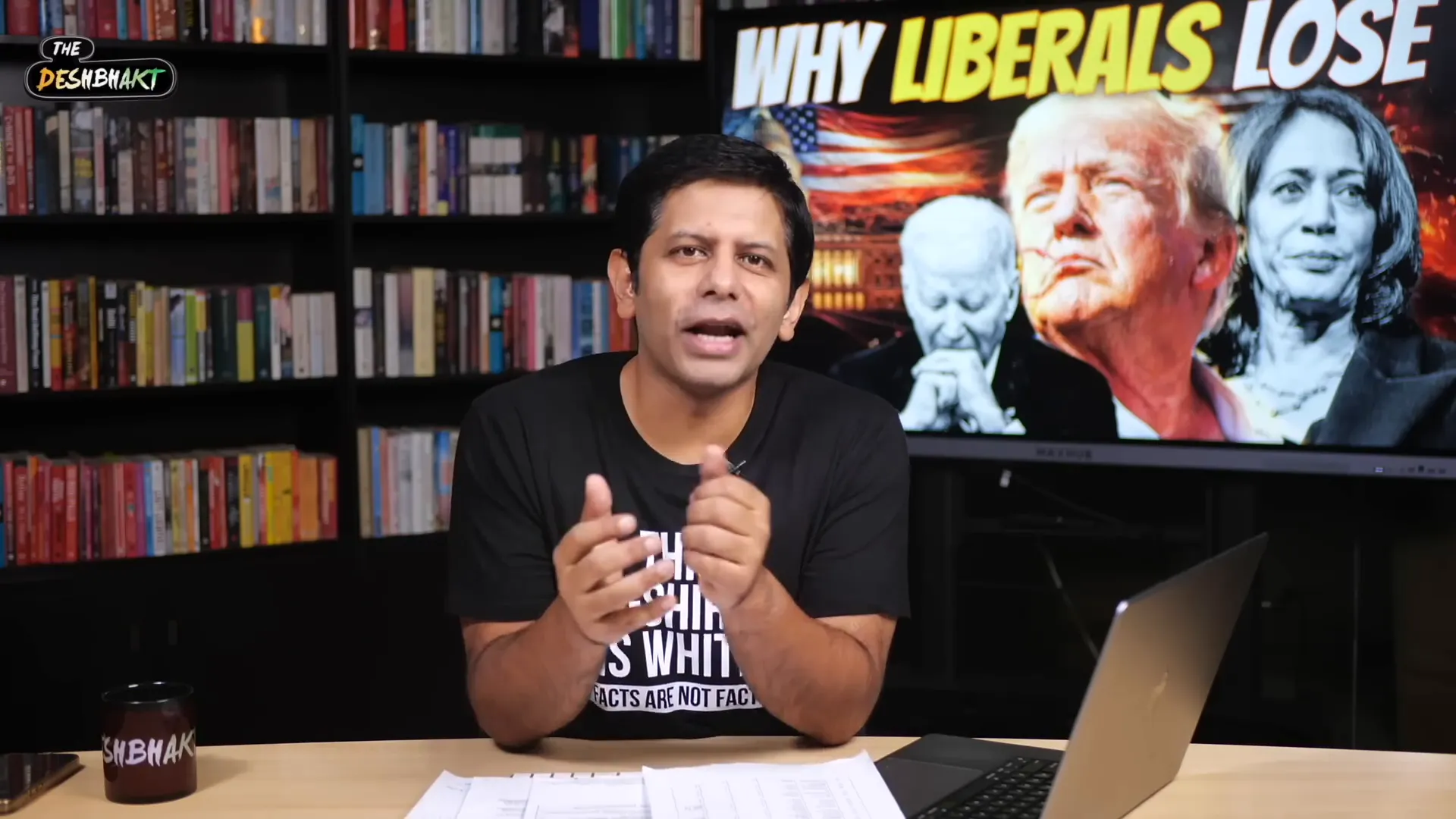
Many voters felt that the Democrats were more concerned with ideological purity than with addressing their immediate needs, leading to a growing sentiment that the left is out of touch.
The Fragmentation of the Democratic Party
The Democratic Party faces significant internal divisions that hinder its ability to present a united front. Figures like Bernie Sanders have highlighted the disconnect between the party leadership and the working class. This fragmentation has resulted in lost opportunities and a lack of coherent messaging.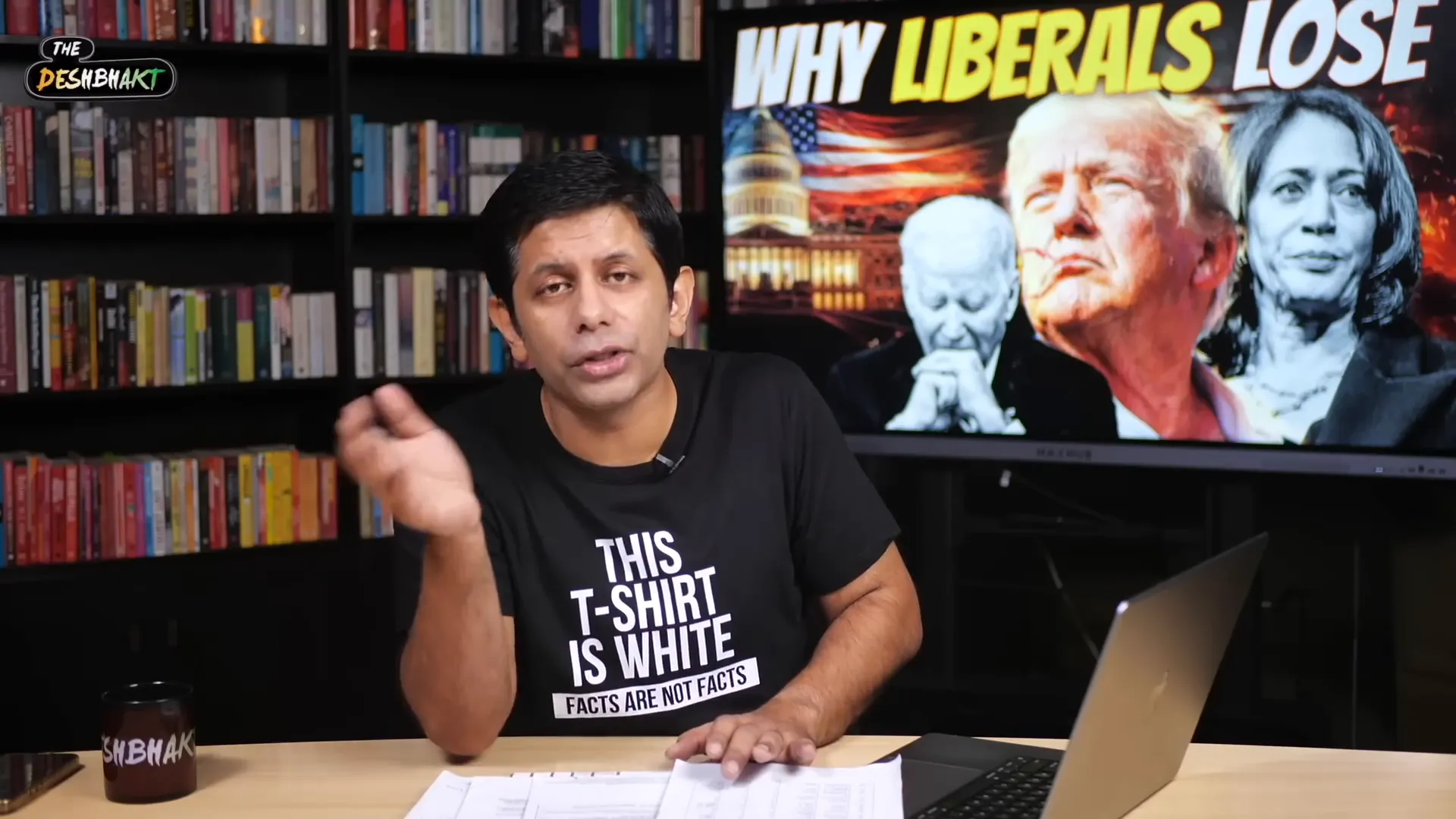
Without a cohesive strategy that addresses the needs of all constituents, the party risks further alienating potential voters and losing ground to the right.
The Rise of Woke Culture
In recent years, the focus on identity politics and “woke” culture has become a double-edged sword for the Democratic Party. While these issues are undeniably important, the perception that the party prioritizes them over more pressing economic concerns has led to backlash from many voters.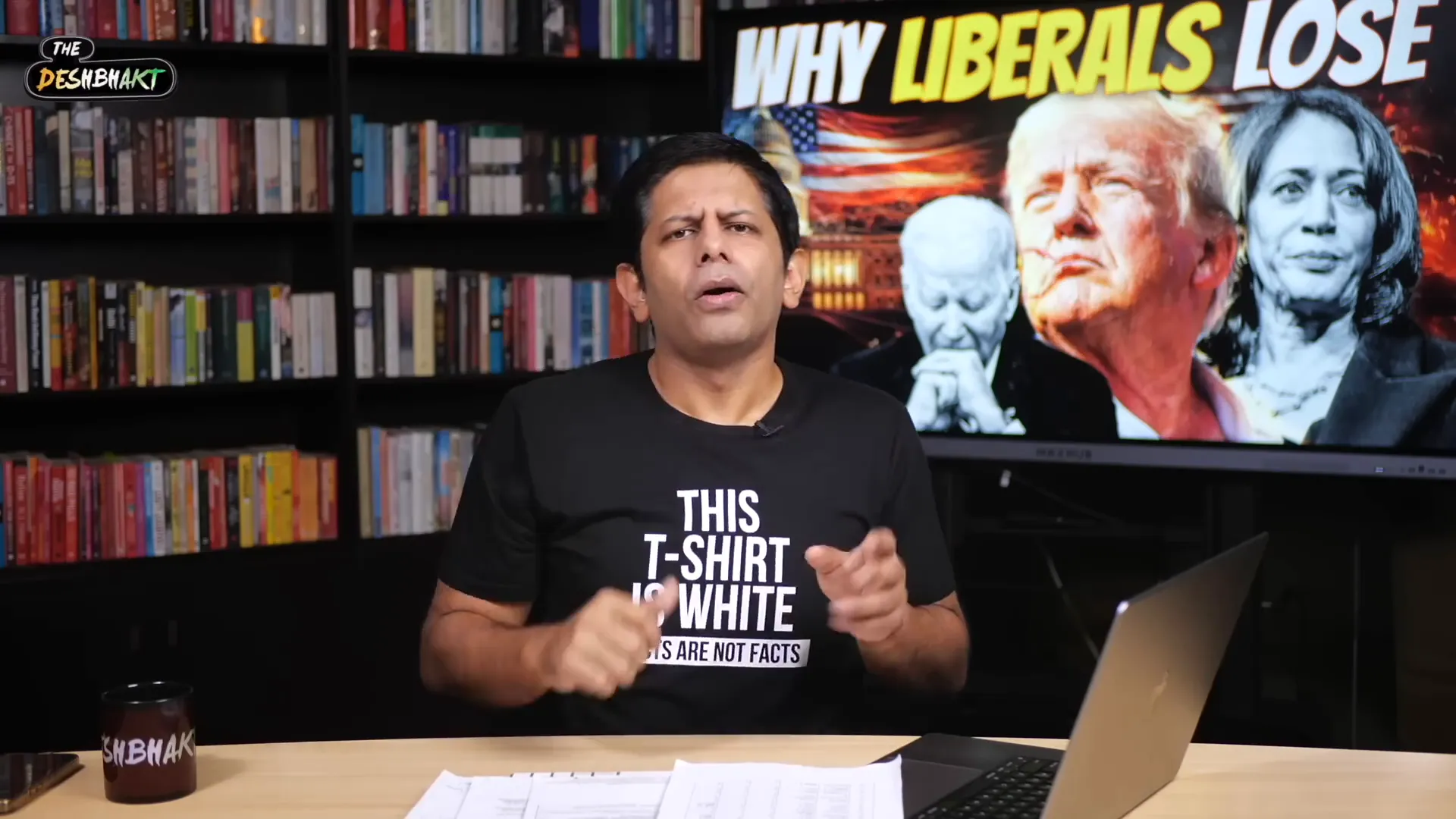
As food prices and living costs continue to rise, many Americans feel that the Democrats are more concerned with ideological battles than with their immediate economic struggles.
Embracing Technology and New Strategies
The left’s failure to effectively leverage technology and social media in political campaigns has become increasingly evident. As new platforms emerge, the ability to communicate effectively and reach voters is paramount. The right has shown a more adept understanding of this landscape, often using it to their advantage.
By failing to adapt to these changes, the Democratic Party risks falling further behind in future elections.
Reflecting on Mistakes and Moving Forward
The recent election results serve as a wake-up call for the Democratic Party. Acknowledging the mistakes made during the campaign, particularly regarding candidate selection and messaging, is crucial for future success. Kamala Harris had limited time to campaign, and the party’s decision to back her without a strong, unifying strategy was a misstep.
If the Democrats want to regain lost ground, they must embrace a full-time, year-round approach to politics, focusing on genuine engagement with voters and addressing their concerns head-on.
Conclusion: The Path Ahead
As the political landscape continues to evolve, the need for introspection and adaptation within the Democratic Party has never been more critical. Blaming external factors will not suffice; instead, a concerted effort to understand the electorate and address their needs is essential. Political parties must recognize the importance of a robust opposition to safeguard democracy and ensure that all voices are heard.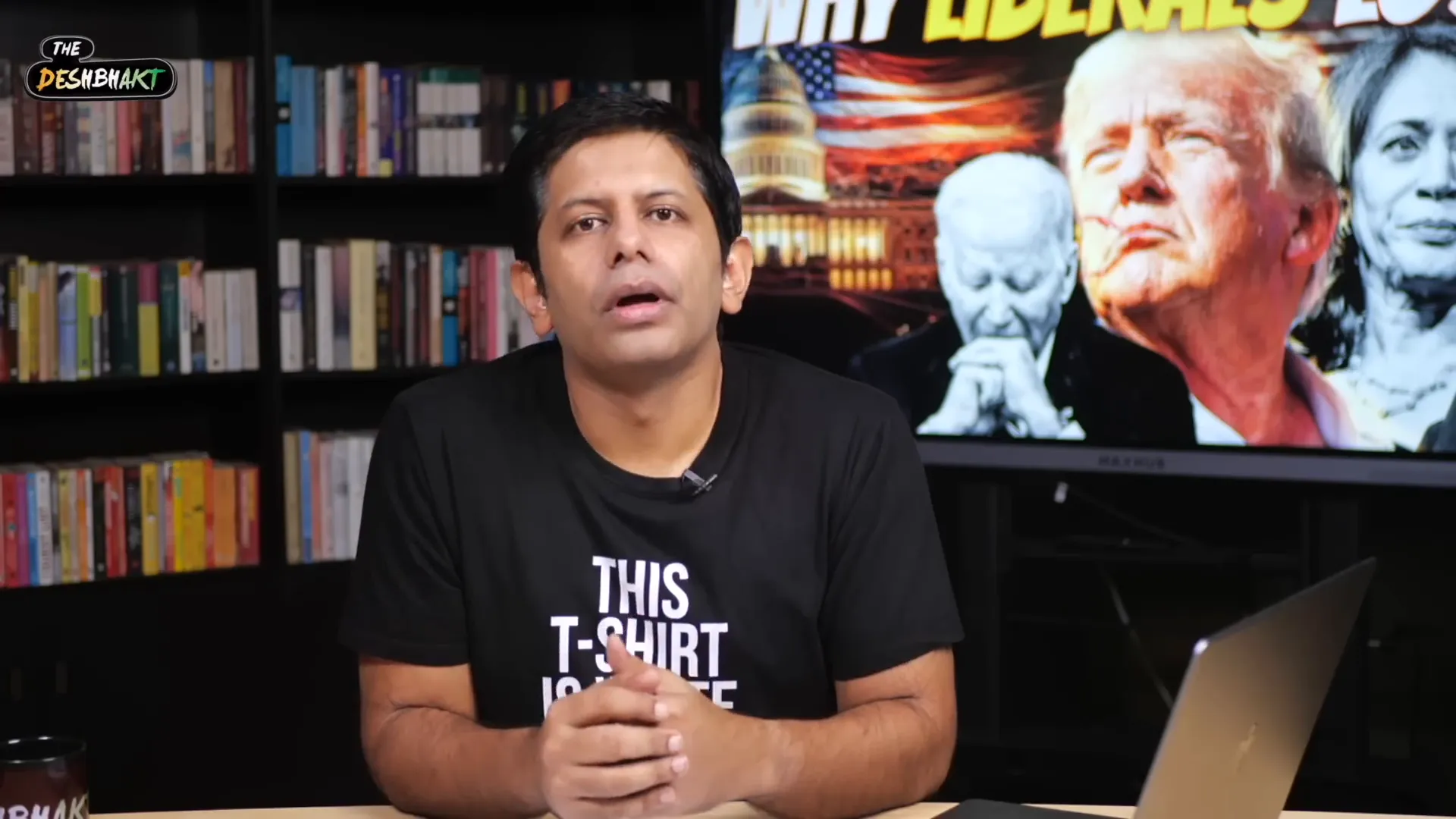
The lessons learned from this election will resonate far beyond the borders of America, impacting liberal parties worldwide. It is a pivotal moment for reflection, reform, and ultimately, renewal.
Googlsnews.com
more… Click me









